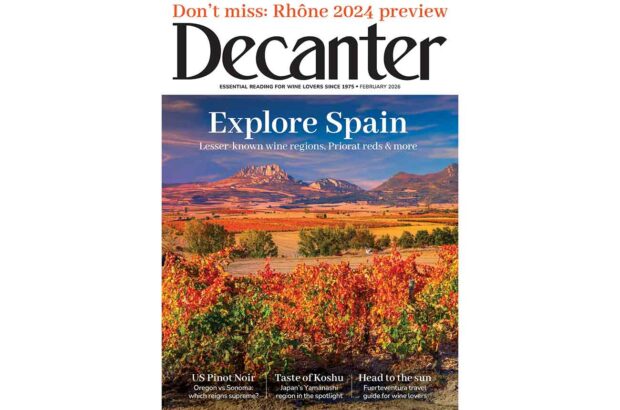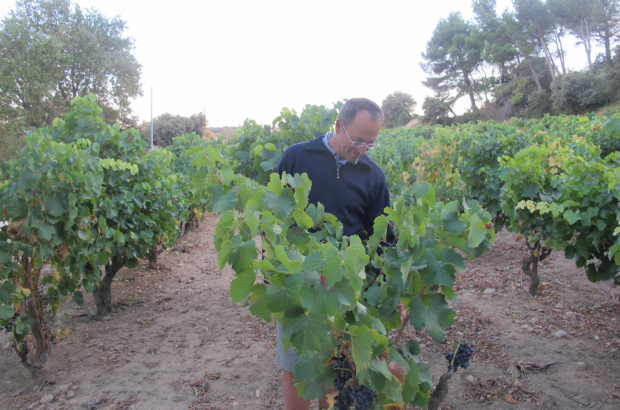EU-produced organic wines have won the right to use the label ‘Organic Wine’ or ‘Vin Biologique’.
The new organic wine logo
The new terms can be used instead of the former, more opaque wording: ‘Wine issued from organic grapes’.
The European-wide change to the labeling laws will come into effect from 1 August.
Gwenaelle le Guillou, director of Syndicat des Vignerons Bio d’Aquitaine told Decanter.com organic wines would now have the right to carry an identifying logo, as any other organic product does.
As the organic industry is worth €17.3bn across the EU, this offers a significant opportunity. ‘We have been pushing for this change for over a decade,’ said le Guillon, ‘and will now be able to more easily communicate directly with consumers.’
The change is due to a new quality charter issued by the EU which deals not just with practices in the vineyard, but also in the cellar. Up to now there have been no EU rules or definition of ‘Organic wine’: only grapes could be certified organic.
The new organic wine-making rules introduce a technical definition of organic wine. These rules include 30-50% less added sulphur than conventional winemaking, no use of additives such as sorbic acid, and a full traceability processes.
A total of 3,945 vineyards in France are organic, a number that has doubled in three years and now represents 6% of France’s total vineyards.
The market itself is worth €359m in France, a growth of 11% since 2010, and 90% over the past six years.
Ninety-two percent of hypermarkets and supermarkets across the country sell organic wine, offering on average 12 different labels.
Written by Jane Anson in Bordeaux







